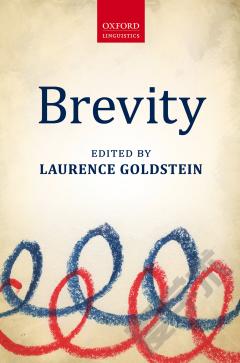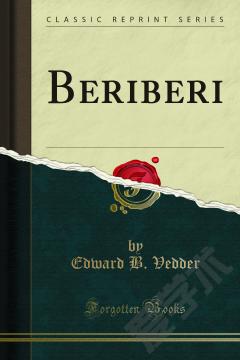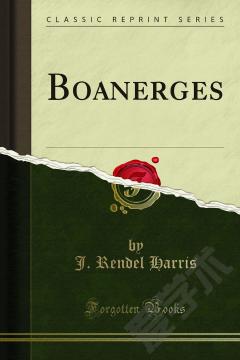Bonaventure
Bonaventure belongs to a theological tradition that is distinguished precisely by at least two elements: its strict observance of the distinction between philosophy and theology, and its insistence that philosophy is essential to the theological task. In order to understand Bonaventure's philosophical method, it is important to see him in the context of the great intellectual enterprise of the late twelfth and early thirteenth-centuries, namely, the Latin West's reception and appropriation of the Greek philosophical heritage from antiquity. In an important passage in his Commentary on the Sentences , Bonaventure explicates four meanings of the term wisdom ( sapientia ) that are operative throughout his work. The Reduction of the Arts to Theology belongs in line with a trend begun, at least most directly for Bonaventure, in the Didascalicon of Hugh of St.Victor. Bonaventure subdivides philosophy into three branches: rational philosophy (logic), natural philosophy (physics), and moral philosophy. Keywords: Bonaventure; Commentary on the Sentences ; Greek philosophical heritage; theology
{{comment.content}}








 京公网安备 11010802027623号
京公网安备 11010802027623号